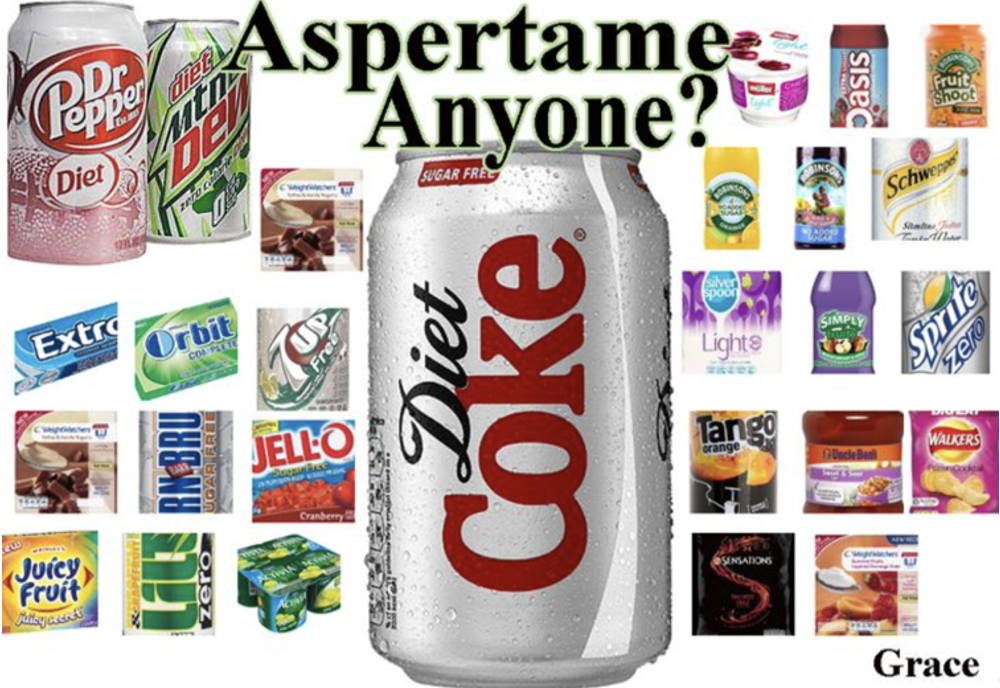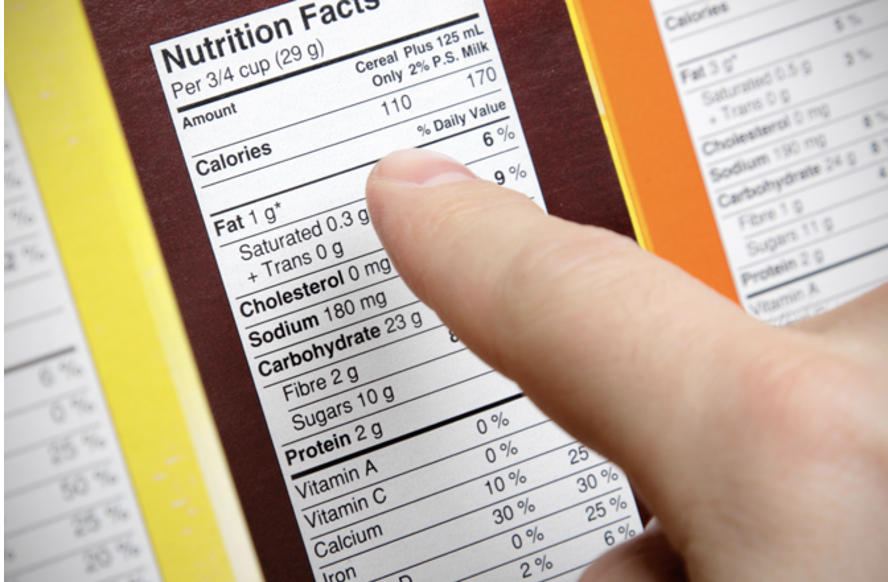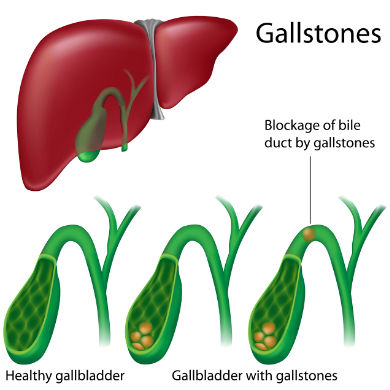Are sugar-free drinks and snacks really beneficial?

By Jenny Hu
Imagine if you are going into a convenience store and trying to buy a bottle of Coke. If you were given a choice between a regular soda and one labeled "0 calories and 0 sugar," which one would you choose? Maybe most of the people would tend to choose the one which seems to be healthier.
In order to pursue a slim and healthy body in life, people always subconsciously choose relatively healthier products, whether they select drinks or snacks, they will pay attention to whether there is a "low sugar" indicator, but few people make a real decision not to eat these snacks and drinks. Thus, are drinks really having no effect on us?

Sweetener Example - Aspartame
Aspartame is a low-calorie artificial sweetener commonly used as a sugar substitute in various food and beverage products. It is derived from two amino acids, phenylalanine and aspartic acid. Aspartame is widely known for its use in diet sodas, chewing gum, desserts, and other sugar-free or low-calorie products. It offers a sweet taste without adding excessive calories, making it popular among individuals seeking to reduce their sugar intake or manage their weight.
The effects of consuming sweeteners
In the short term, participants lost some weight when they replaced sugary drinks with sugar substitutes. However, consumption of sugar-substitute drinks was associated with increased rates of obesity over the long term.
Sweetness is not just a taste sensation, but a caloric message that food sends to the brain. If this information is not accurate, it can create a nutritive mismatch and possibly even a metabolic problem.
Now, when taste and sweetness can be easily changed, people can't predict calories through taste, so subconsciously let us eat more food, which is one of the root causes of obesity.
If the individual has a healthy lifestyle and diet, neither low sugar nor sugar-free drinks will have much impact on the body in the short term. On the other hand, if you want to lose weight simply by replacing a sugary drink with a sugar-free one, without controlling for other variables, the effect is minimal.

What are sugar-free drinks?
Sweeteners appear to be the product of industrial progress, but in fact, they represent ultra-process foods, many of which seem harmless, such as skim milk and low-calorie snacks, but complicate our food environment and trigger our preconscious desire to eat more. It may seem like we have more choice and get a kick out of it, but it's the big food companies that are really profiting.

How can individuals adapt to the current food environment?
1. Learn to read labels to identify ultra-process foods
2. Learn the ingredients of ultra-process foods, and when we become aware of what these foods are made of and what the potential harms are, it is more possible to reduce their intake
3. Keep a good diet. It is better to have one meal a day that is homemade or cooked at home instead of eating in a restaurant or ordering takeout, so that you can control at least one-third of your food sources.




